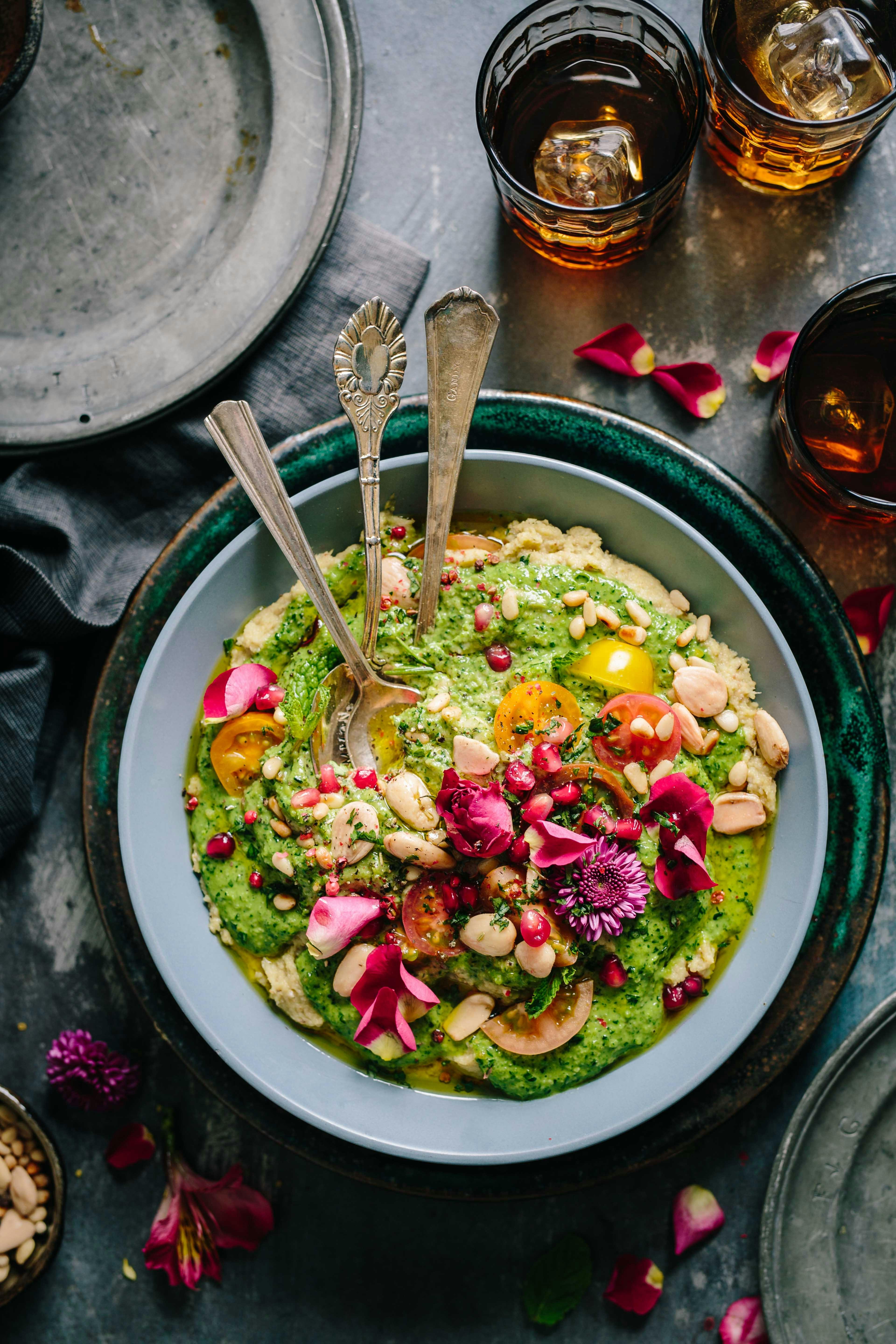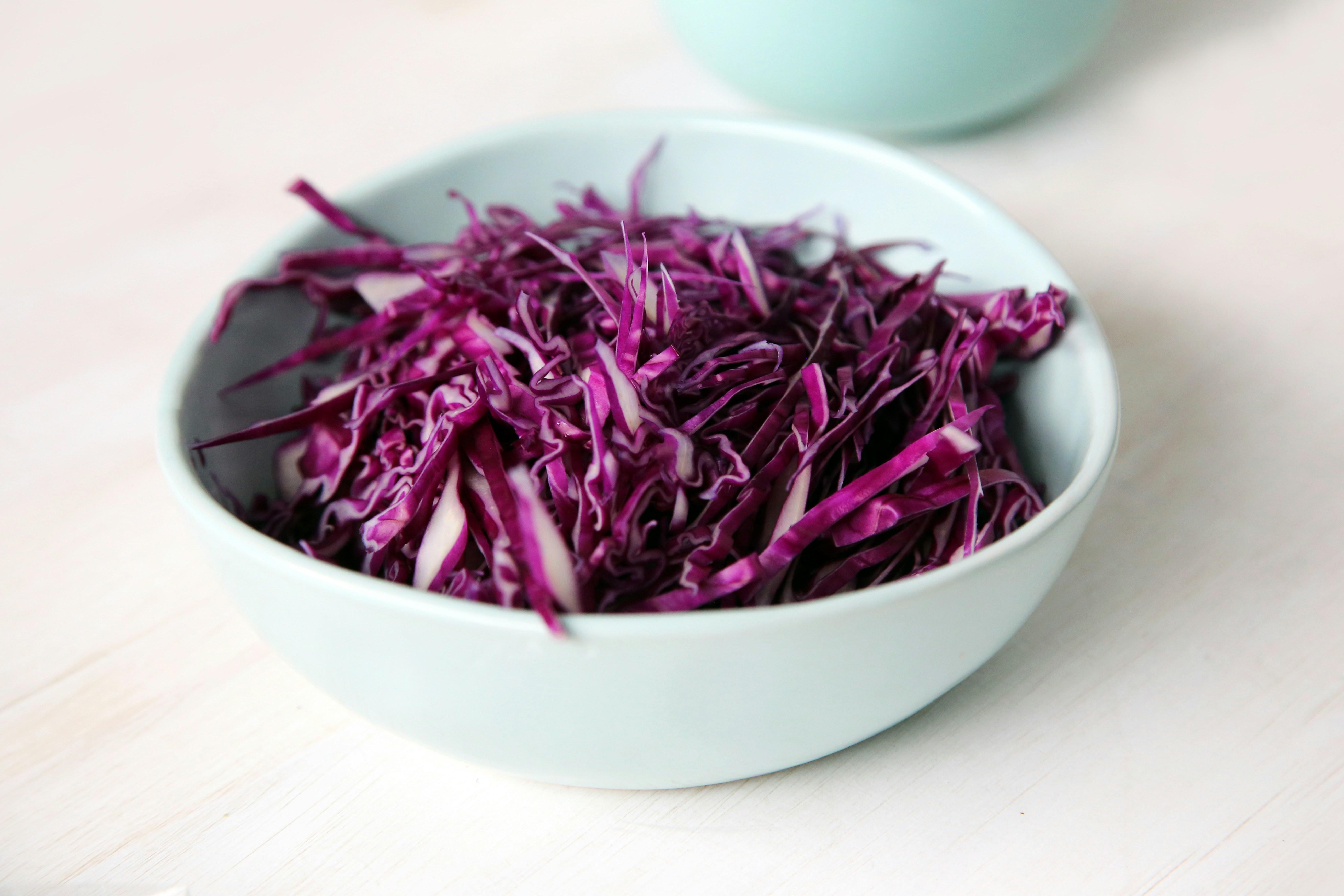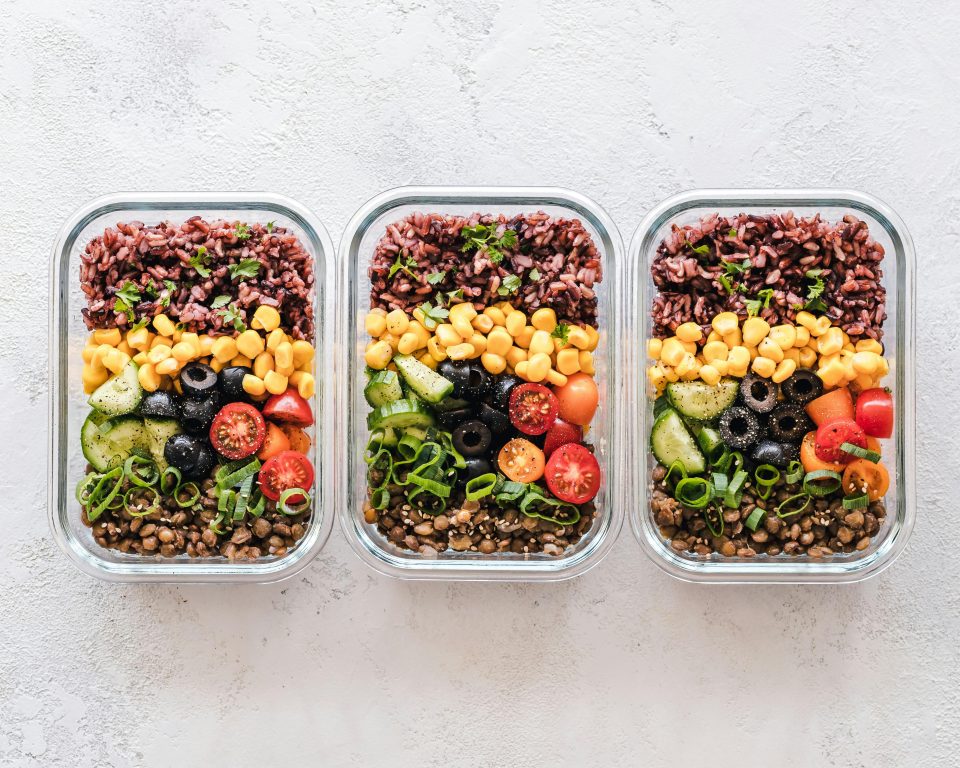In a world where time often feels like a luxury and sustainability is more important than ever, finding ways to align our dietary habits with our values can seem daunting. Enter meal prepping—a culinary strategy that not only streamlines the chaos of daily cooking but also serves as a cornerstone for a sustainable diet plan. Imagine opening your refrigerator to find a week’s worth of thoughtfully prepared meals, each one a testament to mindful eating and environmental stewardship. This practice, once relegated to the realm of fitness enthusiasts, is now gaining traction among those seeking to reduce their carbon footprint and promote personal health. Join us as we explore how meal prepping can transform the way we approach our diets, making sustainability not just a goal, but a delicious reality.
Mastering the Art of Meal Prep for a Greener Lifestyle
Embracing meal prep as a cornerstone of your weekly routine not only cuts down on food waste but also significantly reduces your carbon footprint. By planning your meals in advance, you can purchase ingredients more efficiently, opting for local, seasonal produce that minimizes the energy consumed in transportation. This approach not only ensures that your diet is diverse and nutritious but also aligns with eco-friendly practices.
To make the most of your meal prep efforts, consider the following strategies:
- Batch Cooking: Prepare large quantities of grains, legumes, and vegetables, which can be used in various dishes throughout the week.
- Reusable Containers: Invest in high-quality, sustainable containers to store your meals, reducing reliance on single-use plastics.
- Freezer-Friendly Options: Incorporate meals that can be easily frozen and reheated, ensuring no food goes to waste.
- Zero-Waste Mindset: Utilize food scraps creatively in stocks or compost them to enrich your garden soil.

Streamlining Your Grocery List for Eco-Friendly Eating
Transforming your grocery list into a tool for eco-friendly eating can be a game-changer. By planning your meals ahead of time, you not only save money and reduce waste, but you also make more conscious choices about the food you consume. Meal prepping allows you to focus on purchasing seasonal and local produce, which minimizes your carbon footprint. Opt for bulk items and reusable containers to reduce packaging waste, and prioritize plant-based meals that require fewer resources to produce.
- Buy in Bulk: Focus on staples like grains, nuts, and seeds that you can purchase in larger quantities, reducing packaging waste.
- Embrace Seasonal Produce: Choose fruits and vegetables that are in season to support local farmers and reduce the energy used in transportation.
- Plan Plant-Based Meals: Incorporate more plant-based dishes into your weekly menu to lower your environmental impact.
- Use Reusable Containers: Bring your own bags and containers to the store to minimize single-use plastic.
By aligning your grocery list with your eco-friendly goals, you set the stage for a more sustainable lifestyle that extends beyond the kitchen. Through intentional planning and mindful shopping, you can contribute to a healthier planet while enjoying a diverse and delicious diet.

Time-Saving Tips for Sustainable Meal Preparation
Incorporating sustainability into your meal prep routine doesn’t have to be time-consuming. By planning and organizing your meals in advance, you can save both time and resources. Start by selecting a day of the week to dedicate a couple of hours to preparing meals for the upcoming days. This allows you to buy ingredients in bulk, which reduces packaging waste and often costs less. Additionally, prepping in bulk means less frequent trips to the grocery store, saving on fuel and reducing your carbon footprint.
- Batch Cooking: Prepare large quantities of grains, legumes, and roasted vegetables that can be mixed and matched throughout the week.
- Freezing: Utilize your freezer to store pre-cooked meals or ingredients, preserving them for longer and minimizing food waste.
- Reusable Containers: Store your meals in reusable containers to avoid single-use plastics, contributing to a more sustainable kitchen environment.
By adopting these strategies, you not only streamline your meal prep but also make eco-friendly choices that align with a sustainable lifestyle. Remember, every small change contributes to a larger impact.

Creating Balanced Meals with Minimal Waste
Meal prepping stands as a cornerstone for those striving to adopt a sustainable diet plan, offering a practical approach to eating well while minimizing food waste. By planning and preparing meals ahead of time, you can ensure that your meals are nutritionally balanced and environmentally friendly. This strategy allows you to buy in bulk, often reducing packaging waste and making use of seasonal, local produce. With a little foresight, you can transform leftover ingredients into delicious new dishes, preventing them from ending up in the trash.
- Plan your meals: Outline your meals for the week, focusing on using similar ingredients across different dishes.
- Shop smart: Purchase only what you need, prioritizing bulk items and seasonal produce.
- Cook creatively: Use leftovers to create new meals, such as soups, stews, or stir-fries.
- Store properly: Keep ingredients fresh longer by storing them in airtight containers or freezing them.
By integrating these practices into your routine, meal prepping not only simplifies your daily decision-making but also aligns your diet with eco-friendly values. The emphasis on using every part of your ingredients encourages creativity in the kitchen and ensures that every meal is a step towards a more sustainable lifestyle.

